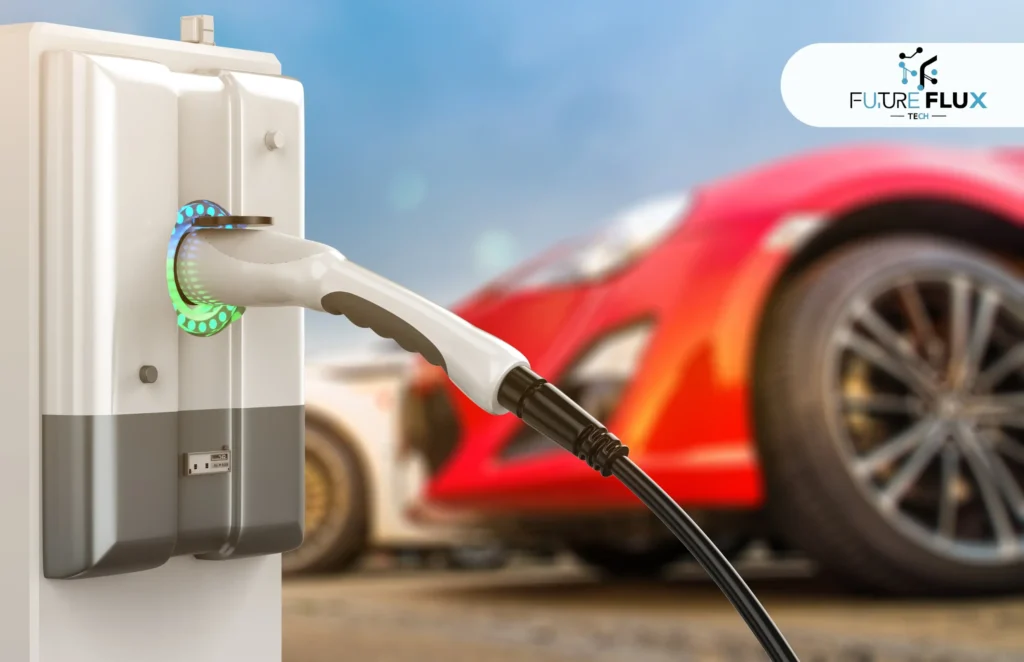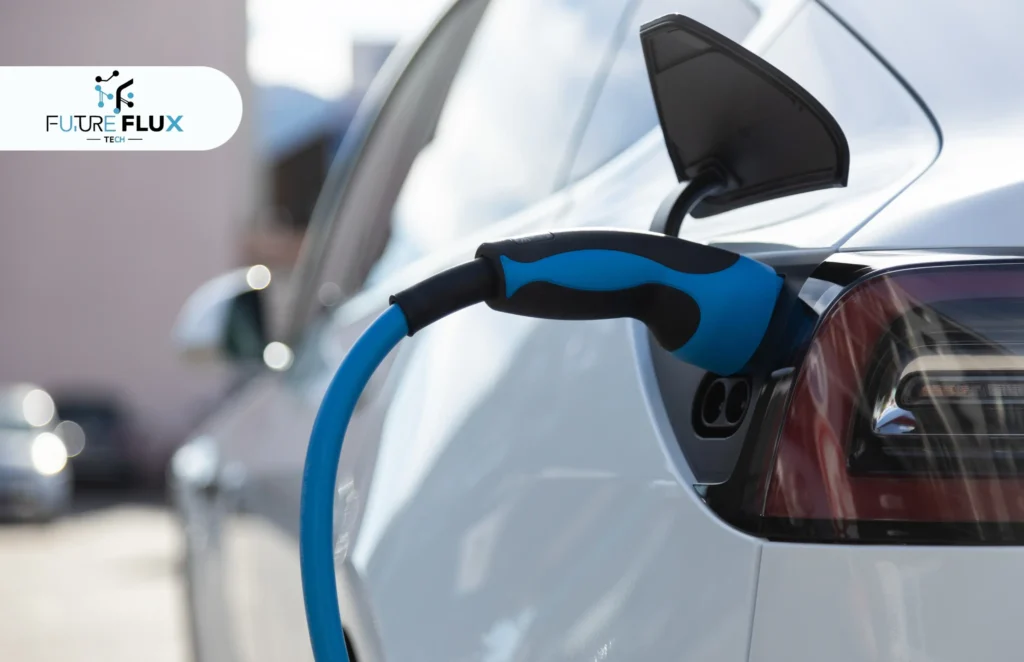Electric cars have changed the automotive world. They have achieved impressive achievements in efficiency, sustainability, and performance. One major difference between these electric cars and internal combustion is that there are no traditional transmission systems. Because of this advancement, many individuals come across the question, “Do electric cars have transmissions?”. Their concern is valid since electric cars usually abandon multi-speed transmissions. Rather, these advanced cars opt for a more straightforward approach. Let’s dive into the details of modern electric cars and learn how their unique design and transmission contribute to their increasing popularity.
What Are Transmissions? Do Electric Cars Have Transmissions?

First, you need to understand what transmissions are before we cover the question, “Do electric cars have transmissions?”. Transmissions are mechanical systems present in vehicles that help transmit power from the engine to the wheels. Because of this transmission, vehicles change their speed and direction accordingly.
In the traditional internal combustion engines, there are gearboxes with different gears to increase the engine performance at various speeds. Manual and automatic transmissions require manual gear selection and automatic shifting gears respectively.
The question remains the same for EVs: “Do electric cars have transmissions?”. Electric vehicle transmissions often utilize direct-drive systems or simpler transmissions.
1- Transmission in Electric Cars

Now, you know the answer to the question, “Do electric cars have transmissions?”. It is time to know more about them and how they work. Electric cars do not have traditional transmissions. Instead, they typically have a single-speed transmission. They provide a vast range of torque at different speeds. Hence, it reduces the need for a multi-speed transmission. Because of single-speed transmission in EVs, electric vehicles lower their maintenance costs and improve efficiency.
The transmission of electric cars works in the following way:
After you press the accelerator, it sends electricity to the electric motor from the battery.
As the motor spins, the gearbox spins too. This is what transmission in EV means.
When the motor and the gearbox start to spin, the electric vehicle starts to move.
2- Relationship Between EV Motor Torque and RPM
The electric vehicle world shows a prominent relationship between EV motor torque and RPM (Revolutions Per Minute). The dynamic relationship between these two play a major role in understanding the efficiency and performance of electric propulsion systems. Since electric cars function with single-speed transmission or a direct drive, it emphasizes the importance of RPM and torque relationship. The absence of traditional transmission in EVs raises the question, “Do electric cars have transmissions?”. The answer lies in their typically simple transmission system, differentiating them from the old systems.
3- Difference Between Electric and Hybrid Vehicle Technology
The main difference between electric and hybrid vehicle technologies is their reliance on internal combustion engines. Hybrid vehicles integrate an internal combustion engine with an electric motor. That is why they also offer the flexibility to run the cars on both fuel and electricity.
Hybrid vehicles recharge their battery with regenerative braking systems. On the other hand, electric cars completely rely on electric motors that are powered by batteries. Electric cars use batteries to generate energy so there is no need for traditional fuels at all.
4- Types of Transmissions in Electric Vehicles (EVs) and Hybrid Electric Vehicles (HEVs)
EVs and HEVs often have different transmission systems. It helps them manage the power efficiently generated by electric motors.
Single-Speed Transmission: Several electric vehicles utilize a single-speed transmission. Electric vehicles provide a wide range of torque across various speeds. It eliminates the necessity for multiple gears.
Electronic Continuously Variable Technology (e-CVT): One of the common hybrid electric transmission types is e-CVT. This transmission type does not have fixed gears. Rather, they offer a continuous range of gear ratios. It enables smooth blending of power from the internal combustion system. For electric motors, it improves efficiency during different driving conditions.
5- Future of EV Transmissions

People usually wonder, “Do electric cars have transmissions and if yes, what is its future?”. The latest design of electric vehicle transmissions functions well for most applications. However, there are still some limitations. Fortunately, the future of EV transmissions looks bright. All thanks to the continuous work on advancements and new technologies in transmission systems. Some of the most crucial trends include:
Wireless Charging: Wireless charging will become more popular, making it simpler, and more convenient for drivers to charge their EVs.
Battery Technology: The development of longer-lasting and more efficient batteries will remain the main focus for electric vehicle manufacturers.
Autonomous Vehicles: The rise of these vehicles will enable EVs to travel further by minimizing the need for human resources.
6- Conclusion
The electric car transmission system is going through a revolution. Thus, we can witness the latest advancements in real time. As we move towards a more sustainable and greener future, electric vehicle transmission technology will continue to remain a significant part. It will help to create better and more efficient electric cars. With these advancements, electric cars can push the limits and make themselves the automotive industry’s future.
Love to learn about the world of electric cars and vehicles? Explore our website and get valuable insights through our gadget-related blogs. Visit our website and engage with more electrifying content.
I’m Waqas, an electric vehicle enthusiast and tech writer with over 6 years of experience covering the EV industry. I write in-depth articles, comparisons, and reviews to help readers understand the fast-evolving world of electric mobility. From battery technology to EV launches and charging trends, I aim to make complex EV topics simple, engaging, and informative for everyday drivers and curious readers alike.






2 Responses